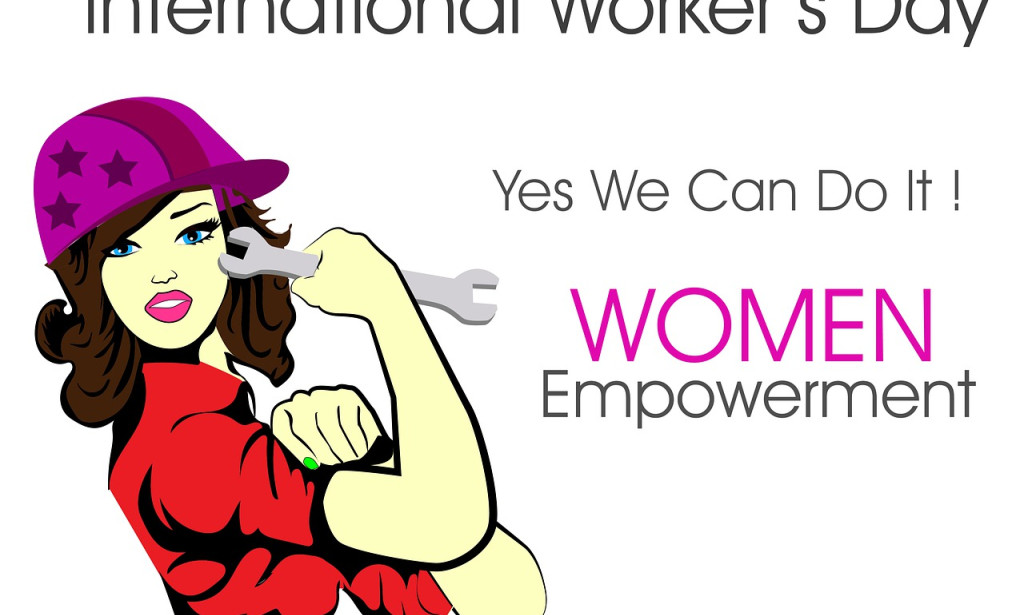Introduction:
Women's empowerment stands as a pivotal factor for economic and social progress, surpassing the benefits derived from mere gender mainstreaming. While a significant portion of funding for agriculture and rural development currently acknowledges gender, a mere 6% considers gender as a primary focus. Enabling women through development interventions could substantially elevate incomes for an additional 58 million people and enhance the resilience of 235 million more.
Importance of Women's Empowerment:
According to the Food and Agriculture Organization (FAO), increasing women's empowerment is vital for their well-being and positively impacts agricultural production, food security, diets, and child nutrition. This article delves into the multifaceted concept of women's empowerment, shedding light on various aspects.
Defining Women's Empowerment:
Women's empowerment is a nuanced concept encompassing various aspects of enhancing the status and potential opportunities for women across different spheres of life. From social, economic, and political dimensions to cultural and educational realms, women's empowerment aims to address and rectify historical and systemic inequalities.
1. Educational Empowerment:
- Education stands as a fundamental pillar of women's empowerment, breaking the cycle of gender-based disparities.
- Equal access to high-quality education fosters critical thinking, informs decision-making, and lays the foundation for economic independence.

2. Economic Empowerment:
- Ensuring equal opportunities for women in the workforce, business, and financial guidance is central to economic empowerment.
- Addressing the gender pay gap, promoting equal job opportunities, and supporting women-owned businesses contribute to overall economic growth.
3. Political Empowerment:
- Political empowerment entails increasing women's participation and representation in political processes and decision-making bodies.
- Achieving gender equality in political leadership is crucial for shaping policies that address the diverse needs of society.
4. Social Empowerment:
- Social empowerment focuses on challenging cultural norms and stereotypes that perpetuate gender-based discrimination.
- Raising awareness about gender equality, combating harmful practices like child marriage, and promoting a culture of respect contribute to a more equitable society.
5. Healthcare Empowerment:
- Access to quality healthcare is a vital component of women's empowerment, addressing issues related to maternal health, family planning, and diseases affecting women disproportionately.
- Empowering women with knowledge about their health rights and ensuring access to healthcare services contribute to overall well-being.
6. Legal Empowerment:
- Legal empowerment ensures that women have equal rights under the law, addressing issues such as property rights, inheritance, and protection against domestic violence.
- Strengthening legal frameworks that safeguard women's rights is essential for creating a discrimination-free and violence-free environment.
7. Technological Empowerment:
- In the digital age, technological empowerment gains significance.
- Closing the digital gender gap and ensuring women have access to technology and digital skills are essential for their participation in the modern economy.
8. Diversity in Women's Empowerment:
- Recognizing and addressing intersecting factors such as race, class, nationality, and other identities is crucial.
- Acknowledging the diversity of women's experiences and challenges ensures that empowerment strategies are inclusive and unbiased.

Conclusion:
In conclusion, women's empowerment is a multifaceted endeavor requiring collaborative efforts across various domains. By addressing educational, economic, political, social, healthcare, legal, technological aspects, and embracing intersectionality, societies can create conditions where women have equal opportunities, rights, and agency. True empowerment lies not only in breaking barriers but also in fostering a culture that values and respects the diverse contributions of women to the development of humanity.



You must be logged in to post a comment.